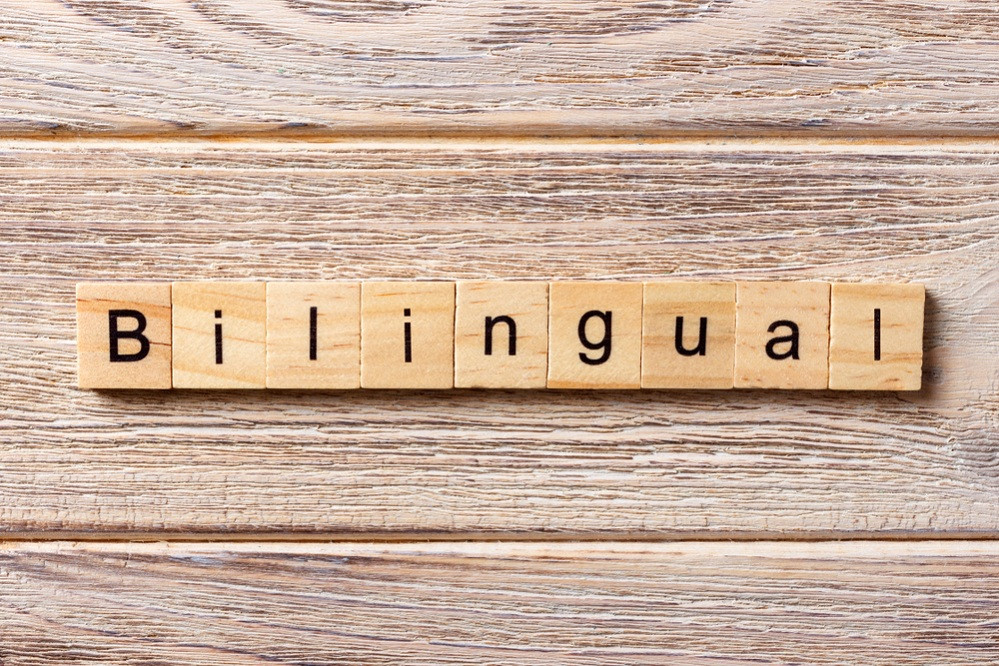Popular Reads
Top Results
Can't find what you're looking for?
View all search resultsPopular Reads
Top Results
Can't find what you're looking for?
View all search resultsContrary to popular belief, bilingual individuals are not smarter, says study
Being bilingual brings many benefits, but it doesn't make you smarter, says new research.
Change text size
Gift Premium Articles
to Anyone
N
ew Canadian research has found that although being bilingual does bring many benefits, such as more social and employment opportunities, superior intelligence is not one of them.
Carried out by researchers at the Brain and Mind Institute at the University of Western Ontario, the new large-scale study looked at 11,041 participants living around the world and asked them to report which languages they spoke and complete 12 online cognitive tests.
The findings, published in the journal Psychological Science, showed that the participants who were bilingual performed better than monolinguals on only one test, while monolinguals actually performed better on four tests. Moreover, these differences disappeared when the researchers took into account potentially influencing factors, suggesting that the benefits of being bilingual don't apply to mental skills.
Read also: Five ways to keep your brain sharp
"From our 11,000 participants, we generated two very carefully matched groups -- one monolingual and one bilingual. Surprisingly, there were no consistent differences between them on any of our cognitive tests," explains Emily Nichols, lead author of the study.
Although Nichols notes that it is a popular belief that bilinguals are smarter, with many previous studies pointing to the existence of a "bilingual advantage," she adds that these studies used smaller sample sizes and more specific cognitive tests than the current research.
"We explored many different ways of comparing the two groups across a broad range of cognitive tasks. Our prediction was that if bilingualism provided a general cognitive advantage, then we would be able to see it -- and we didn't," added Nichols.
"One question in this field is whether the tests used are sensitive enough to detect small differences between different groups," said Adrian Owen, senior author on the study. "In this case, our previous studies reassured us that we would be able to detect a difference between monolinguals and bilinguals and there just wasn't one."
However, the pair add that the findings are not "bad" news for bilinguals.
"Despite there being no cognitive advantage, the broader social, employment, and lifestyle benefits that are available to speakers of a second language are clearly numerous," Nichols said.











